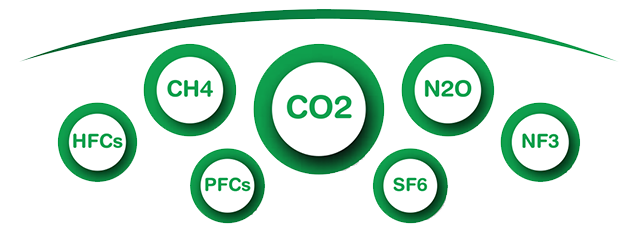The industry's upstream processes, from the development of textile fibers to the manufacture of
fashion
clothes, heavily rely on the planet's limited resources, including land, water, and energy. The
treatment
of textile fibers and clothes also involves the use of chemicals that have a significant detrimental
impact on the environment.
One of the biggest expenses in production is energy. From a business standpoint, encouraging energy
efficiency is consequently a top priority for us.
Our plan is to quickly switch to renewable energy sources while continuing to utilize less energy
overall.
A number of initiatives have been started by Resil to improve sustainability performance, and we are
working to implement ISO 14067:2018.
























